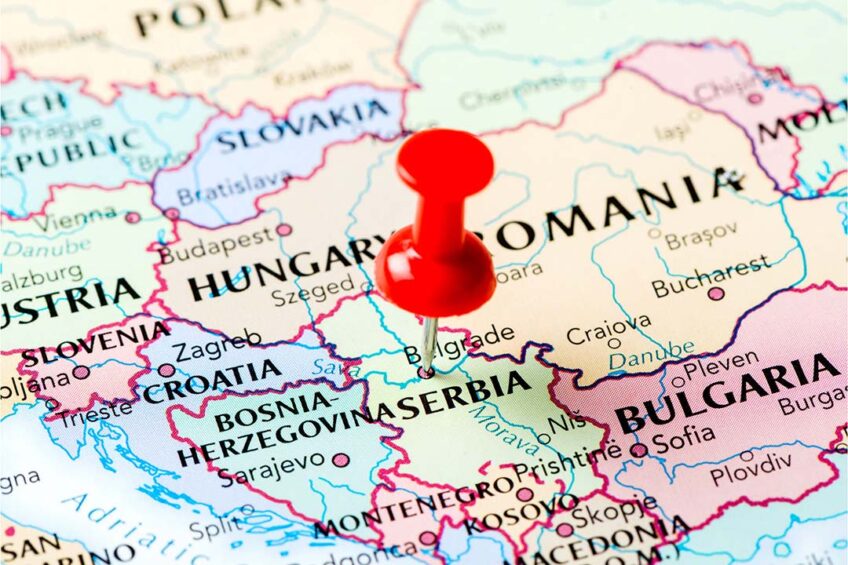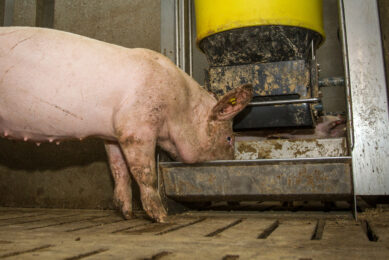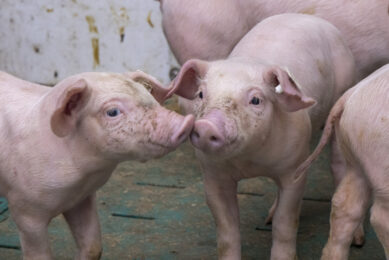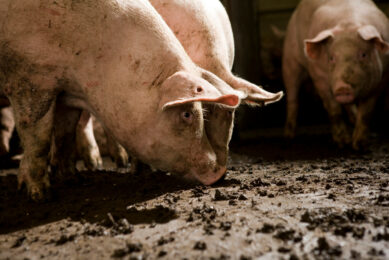EU pork imports push Serbian pig farmers back into danger zone

Local farmers in Serbia say that a surge in pork imports from European Union (EU) member states has pushed the average profitability in the country’s pig industry below the break-even point again.
The recovery trend in the Serbian pig industry did not last long, local news outlet Agropress reported. The publication said finishing pigs in Serbia are sold at only 230 dinars (US$ 2.15) per kg without VAT, down from 300 dinars (US$ 2.80) a few months ago.
“Again, we are working without profit; some farmers generate slight losses, and some are financially performing close to zero. Cereals and oilseeds are now significantly cheaper than last year, but feed is still expensive,” Bora Šuljmanac, a pig farmer, said. He added that following the downward rally on the grain market, feed prices should have dropped by at least a third. “Feed factories do not lower prices for reasons only known to them, and this makes running business difficult for us.”
ASF adds tension
Recent outbreaks of African Swine Fever (ASF) also add pressure on the industry. The disease has not yet hit industrial farms, but some operations are still hurt by quarantine restrictions.
Soaring imports
Pork importers acted unusually at the beginning of 2024. Getting an import quota for the first quarter from the government, they rushed to fulfil it as soon as possible instead of successively importing meat throughout the quarter.
“As long as the import continues, slaughterhouses refuse to even look at the fattening pigs. And as long as the pigs are not wanted, the price goes down,” Šuljmanac said.
Too soon to judge
Vladimir Talić, president of the Serbian union of pig farmers, reminded that Serbia needs pork imports to plug the gap between the production and the consumption. The country imports pork from the EU, particularly Spain, Germany and the Netherlands.
Talić said that the farmers took a waiting stance to determine whether imports indeed play a role in the drop in prices. If this turns out to be the case, he said, the business organisation will be quick in reaching out to the agricultural ministry to adjust the import quota for the 2nd quarter of 2024.
The state control over imports has helped to keep the market in balance in 2024, and the system has proved its value, he indicated.











